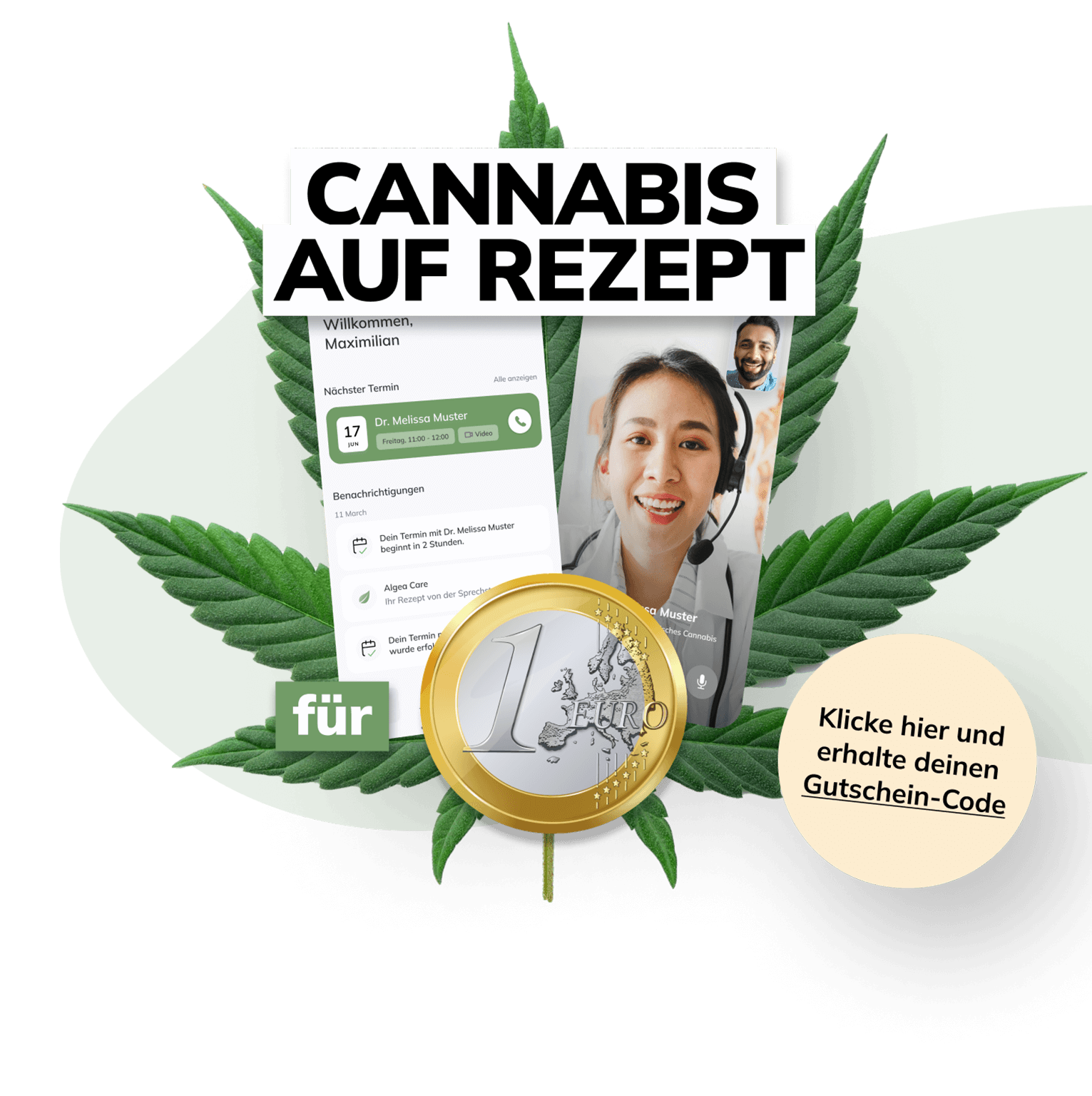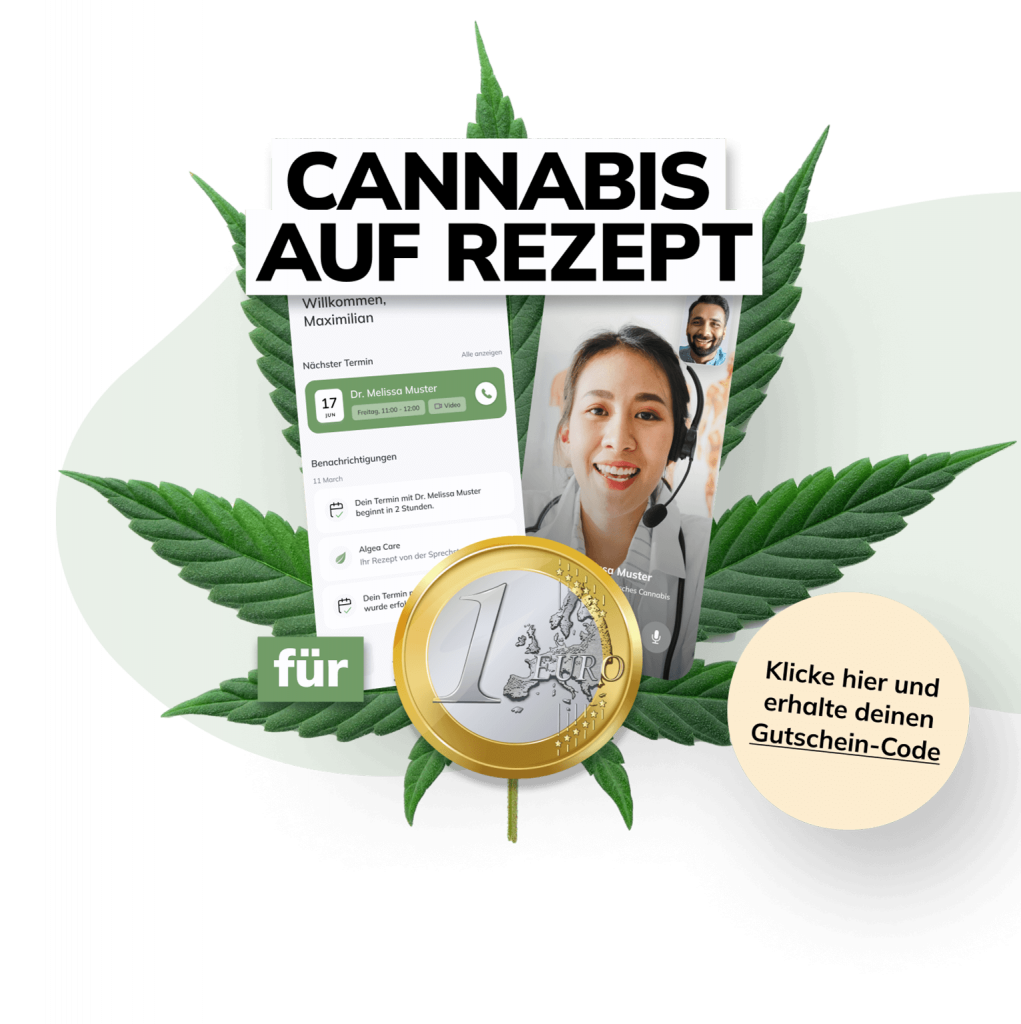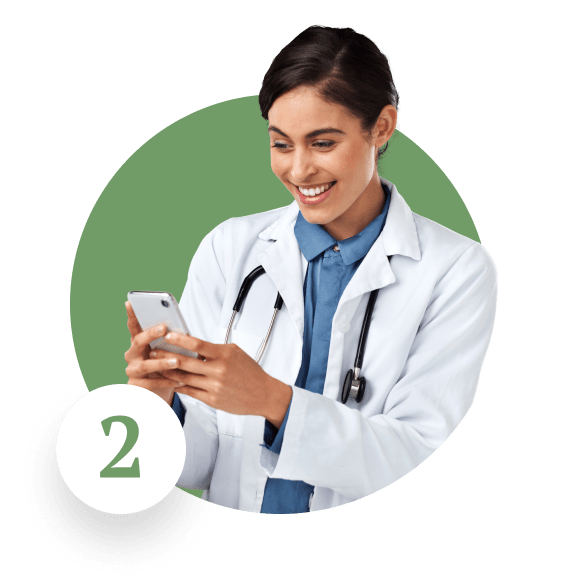Medizinisches Cannabis
Mehr Lebensqualität mit medizinischem Cannabis
- Kostenlose medizinische Ersteinschätzung
- Terminvergabe noch in der gleichen Woche
- Medikamente erhalten & Folgetermine online planen
- Sichere und anonyme Behandlung deiner Daten (DSGVO konform)
- Kostenlose, med. Ersteinschätzung
- Termine noch in der gleichen Woche
- Rezeptversand & Patientensupport
- Sicherer und diskreter Umgang
Therapie mit medizinischem Cannabis
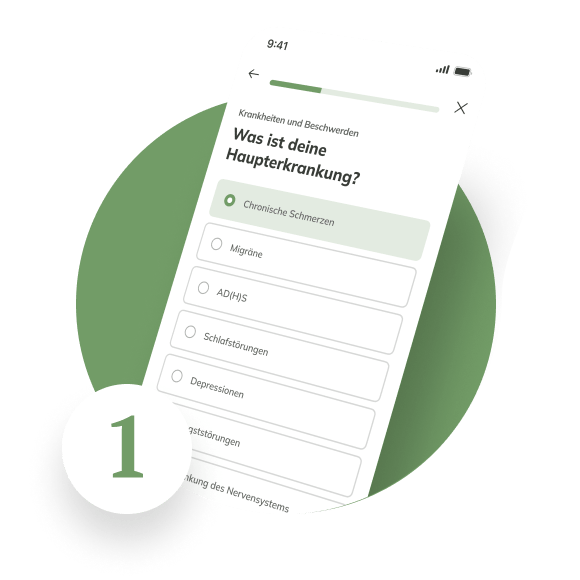
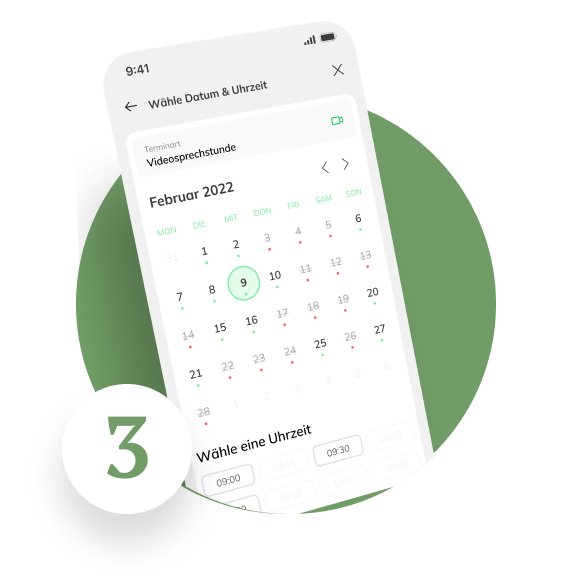
behandelte Patienten
MÖGLICHE ANWENDUNGEN DER THERAPIE
Das sagen Patienten über uns
7 Standorte
Deine Vorteile & Services
Wir stellen allen Patienten auf Wunsch einen Patienten-Ausweis zur Verfügung – mit diesem Ausweis, in Kombination mit dem aktuellen Rezept, kann gegenüber Behörden und in Verkehrskontrollen die aktuelle Cannabis-Therapie belegt werden.

Wir bieten während der Therapie mit medizinischem Cannabis Atteste für den Arbeitgeber, den Hausarzt aber auch als allgemeine Bescheinigung an.

…für die Führerscheinstelle
Die von unseren Kooperationsärzt/innen erstellten Gutachten sind auf den jeweils individuellen Fall und seine Besonderheiten angepasst. Neben dem detaillierten Krankheitsverlauf wird hierin auf häufige Fragen und Anforderungen der Führerscheinstelle eingegangen, um eine bestmögliche Unterstützung zu erreichen.
…zur Kostenübernahme
Bei (privaten) Krankenkassen: Wir bereiten speziell für private Krankenkassen die Unterlagen mit dem detaillierten Krankheitsverlauf, den wissenschaftlichen Evidenzen sowie einem spezifischen Gutachten zur Kostenübernahme auf.

Wir bieten Termine an allen Tagen der Woche und an 17 Standorten bundesweit an – auch am Wochenende und in den Abendstunden, um eine hohe Erreichbarkeit und entspannte Gesprächsatmosphäre zu ermöglichen.
– Wir sind 365 Tage im Jahr da –

Wir stellen allen Patienten auf Wunsch einen Patienten-Ausweis zur Verfügung – mit diesem Ausweis, in Kombination mit dem aktuellen Rezept, kann gegenüber Behörden und in Verkehrskontrollen die aktuelle Cannabis-Therapie belegt werden.

Wir bieten während der Therapie mit medizinischem Cannabis Atteste für den Arbeitgeber, den Hausarzt aber auch als allgemeine Bescheinigung an.

…für die Führerscheinstelle
Die von unseren Kooperationsärzt/innen erstellten Gutachten sind auf den jeweils individuellen Fall und seine Besonderheiten angepasst. Neben dem detaillierten Krankheitsverlauf wird hierin auf häufige Fragen und Anforderungen der Führerscheinstelle eingegangen, um eine bestmögliche Unterstützung zu erreichen.
…zur Kostenübernahme
Bei (privaten) Krankenkassen: Wir bereiten speziell für private Krankenkassen die Unterlagen mit dem detaillierten Krankheitsverlauf, den wissenschaftlichen Evidenzen sowie einem spezifischen Gutachten zur Kostenübernahme auf.

Wir bieten Termine an allen Tagen der Woche und an 17 Standorten bundesweit an – auch am Wochenende und in den Abendstunden, um eine hohe Erreichbarkeit und entspannte Gesprächsatmosphäre zu ermöglichen.
– Wir sind 365 Tage im Jahr da –

Wissen rund um medizinisches Cannabis
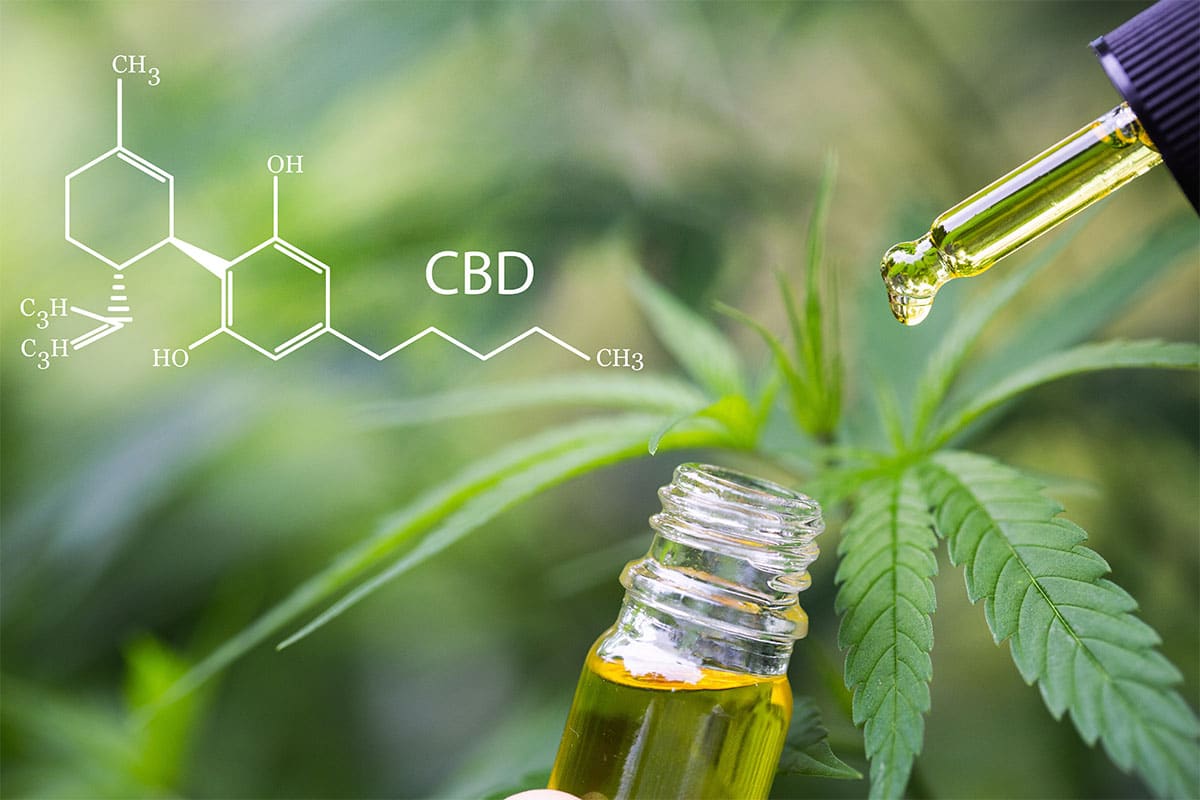
Richtige CBD Öl Dosierung: Guide für die CBD Öl Einnahme
Wie dosierst du CBD richtig? 5%, 10% CBD? Tropfen? – individuelle Faktoren und mehr…

Unterschiede zwischen Sativa, Indica und Hybride
Der wissenschaftliche Name der Hanfpflanze (Cannabis) lautet Cannabis sativa L. Dabei lassen sich zwei Unterarten…

Darf man mit medizinischem Cannabis Auto fahren?
Cannabis und Autofahren, geht das? Im folgenden Beitrag erklären wir dir die aktuelle Rechtslage…
Du fragst - wir antworten
Wie erhalte ich Zugang zu einer Cannabistherapie?
Wann und Wo erhalte ich nach einem Termin mein Rezept?
Welche Kosten kann ich im Laufe der Behandlung erwarten?
Immer auf dem neuesten Stand
Melde dich jetzt für unseren Newsletter an! So erhältst du immer als Erster die neuesten Infos von Algea Care zu Aktionen, neuen Angeboten sowie aktuellen Forschungsergebnissen rund um medizinisches Cannabis.

